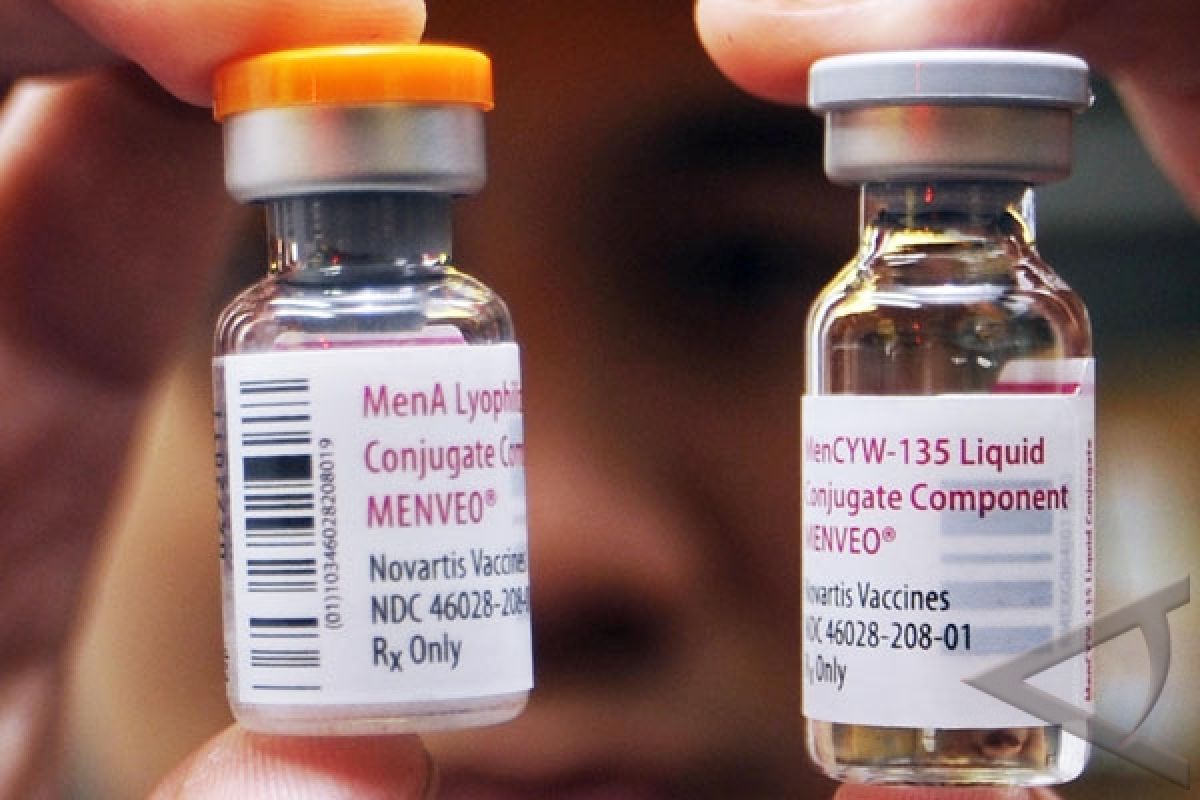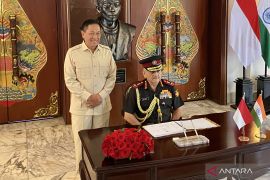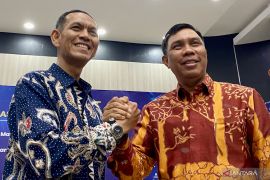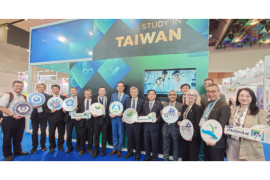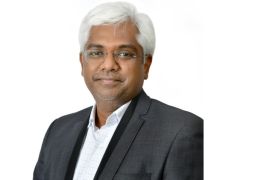Inaugurating the four-day International Vaccine Symposium at Surajkund in NCR (National Capital Region), Monday evening, Minister of State for Science and Technology, and Earth Sciences said: `India has made a significant contribution to Vaccine development. We produce 60 percent of the world`s vaccines`.
Though the Indian industry manufactures vaccines at a low price, efficient delivery mechanism needs to be put in place to ensure that the benefits reach the poor, said Kumar, the Minister of State for Science and Technology.
`Although important vaccines that are part of the Expanded Program of Immunisation (EPI) are manufactured at a low price it needs to be coupled with efficient delivery, particularly in rural areas ensuring that the poorest have access,` he said.
The minister said that low pricing has been possible due to social innovation Public Private Partnership programmess and competition amongst the Indian and other developing country manufacturers.
Noting that solutions to diseases like tuberculosis, malaria and HIV would require concerted efforts by best minds, Kumar hoped the conference would facilitate collaborations for future vaccine design.
He said he looked forward to accelerated development and validation of specific new or improved version of existing vaccines against infectious diseases of public health importance in India.
Kumar said the United Nations procures 60-80 percent of vaccines required for its various initiatives from India.
`The current Indian vaccine market is estimated at around USD 900 million and targets USD 4.6 billion revenue by 2017.
It is poised to grow 23 percent during 2011-2012,` he said.
Kumar said India`s growing focus on capacity building including human resources have contributed to the achievements in the area of vaccine development.
`The volume and quality of scientific output has risen measurably. Funding for scientific education and encouragement to our scientists returning from foreign shores in the form of efforts like DBT-Wellcome Trust Fellowships & Ramalingaswami Fellowships have helped,` he said.
Kumar said a balanced contribution for high risk projects by the public and private sectors and academia-industry collaboration within the country and with global non-profit agencies were some of the key elements in enabling an innovation friendly environment.
The meeting is a first of its kind in India and promises to maintain its position as the largest scientific meeting devoted exclusively to research on vaccines and associated technologies for disease prevention and treatment through immunization.
It will provide an opportunity to initiate collaborations with the established groups and ensure the mix and percolation of scientific knowledge through engaged discussion around different themes promoting an interdisciplinary approach.
It is expected that these discussions from the public and private sector in India and Globally would facilitate collaborations for future vaccine design, accelerated development and validation of specific new or improved version of existing vaccines against infectious diseases of public health importance in India.
The symposium has been organized by the Department of Biotechnology (DBT), Government of India (GOI) in partnership with International AIDS Vaccine Initiative (IAVI).
(T.A045/H-AK)
Editor: Priyambodo RH
Copyright © ANTARA 2011
